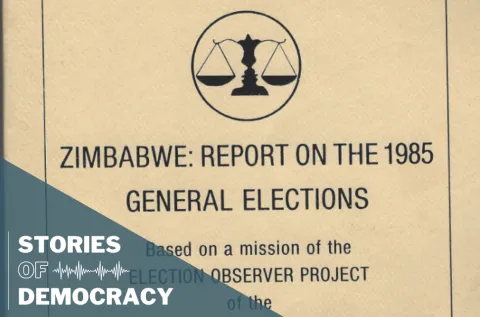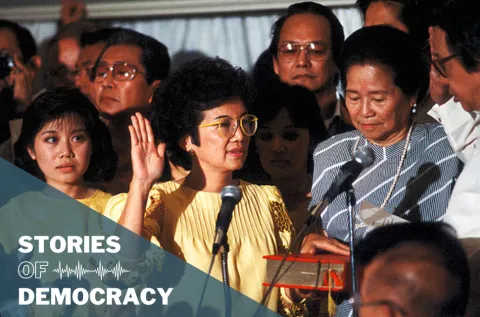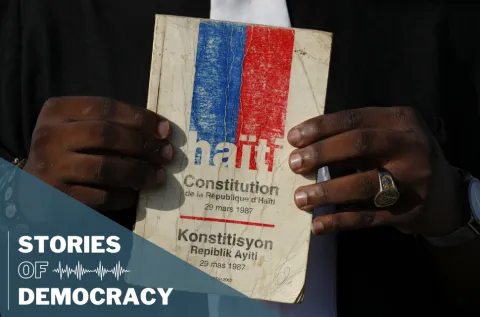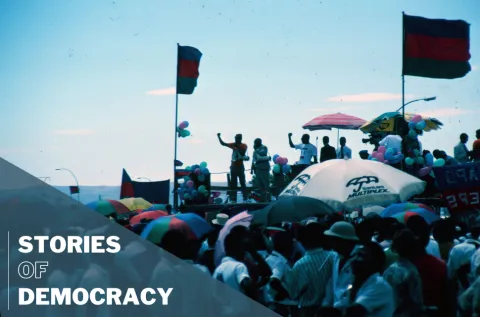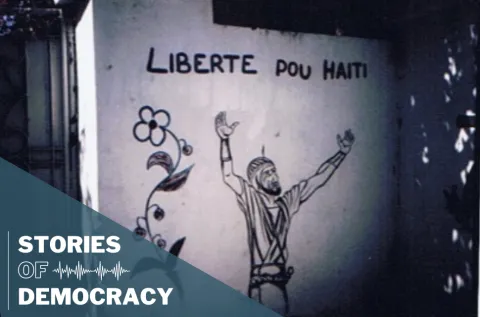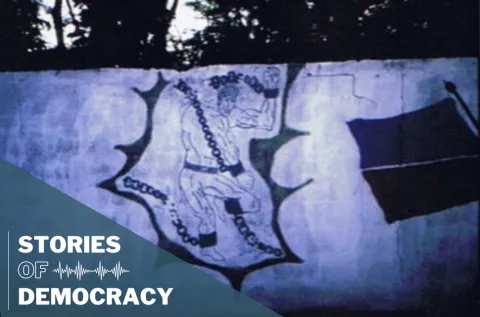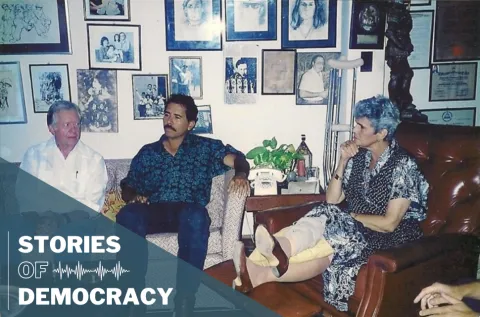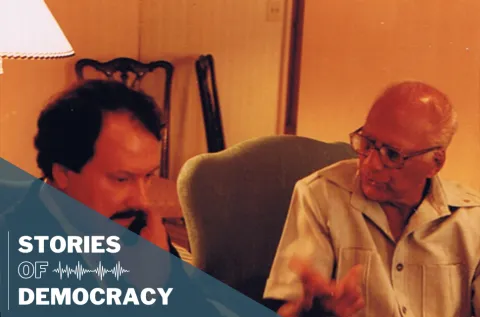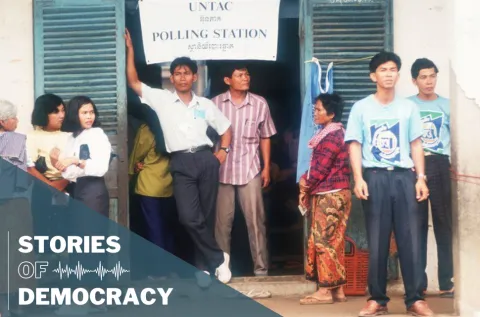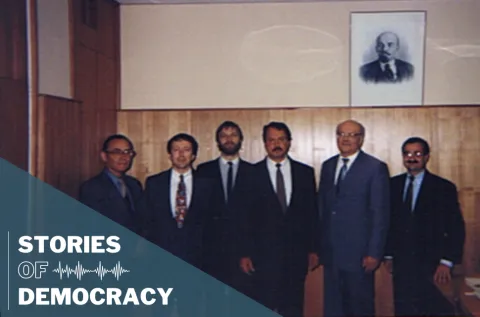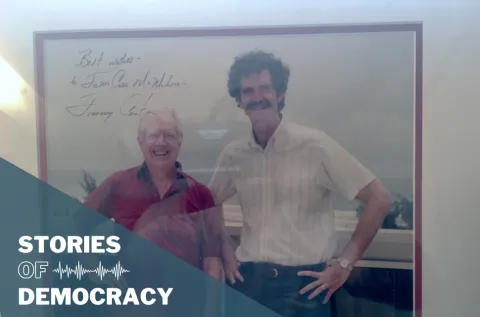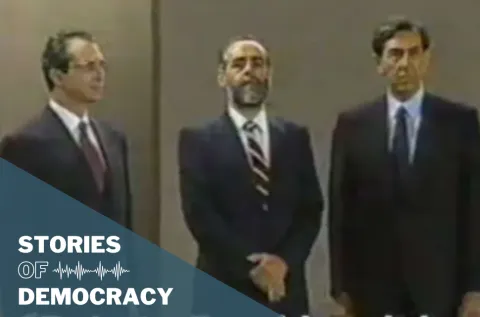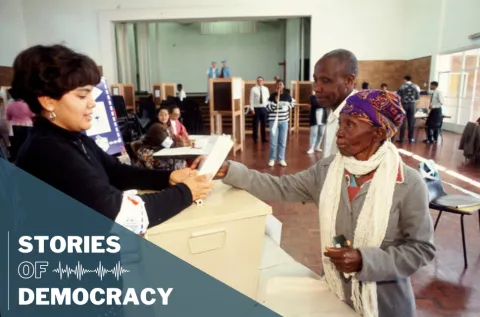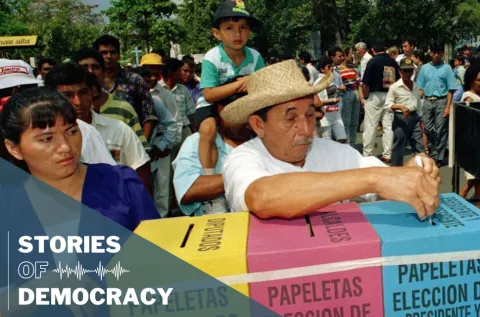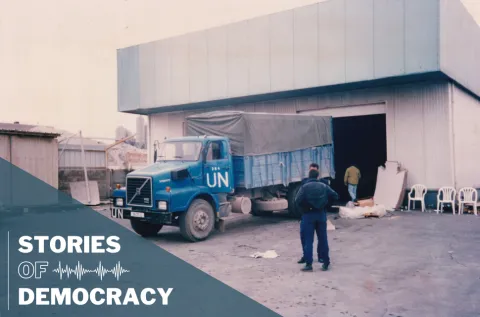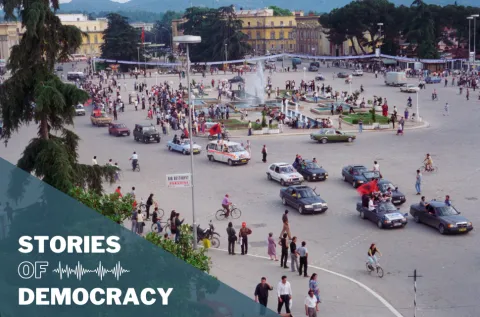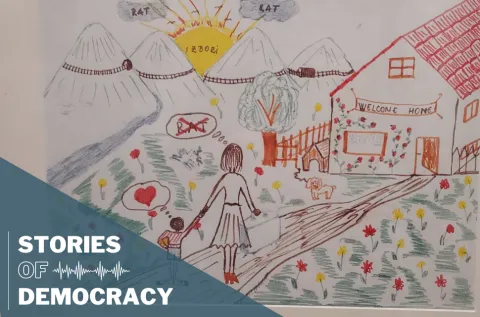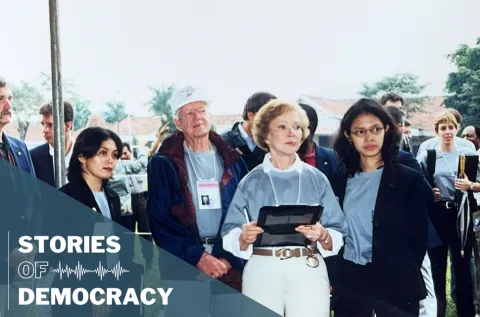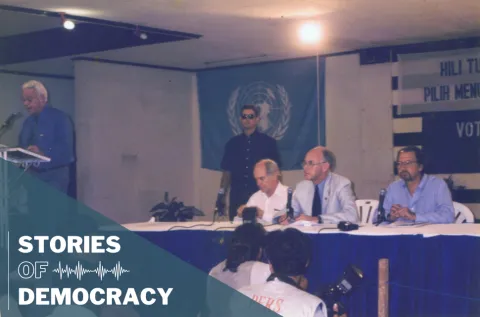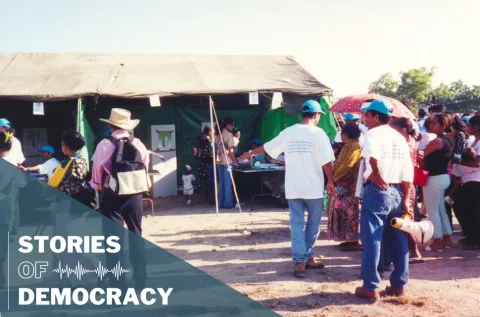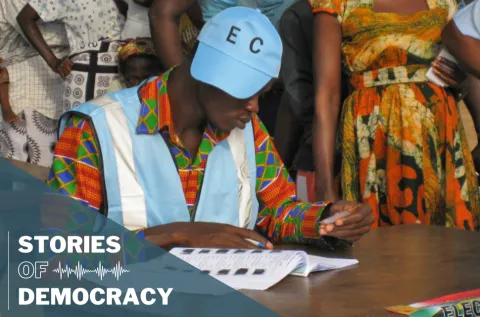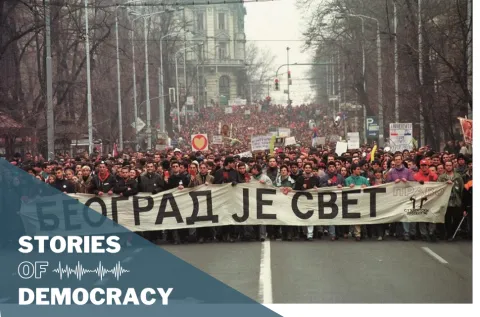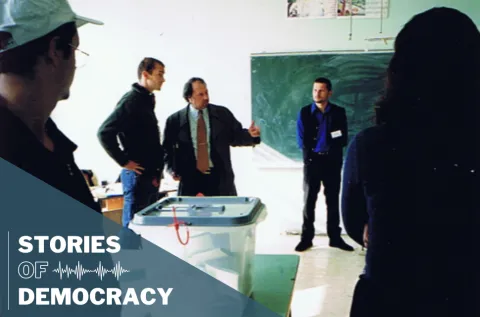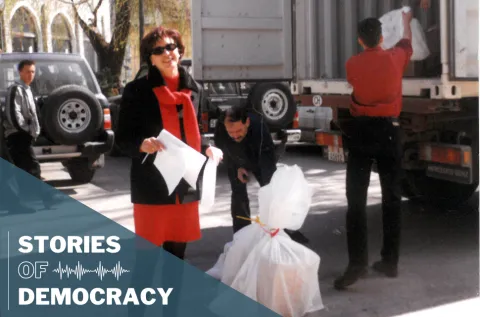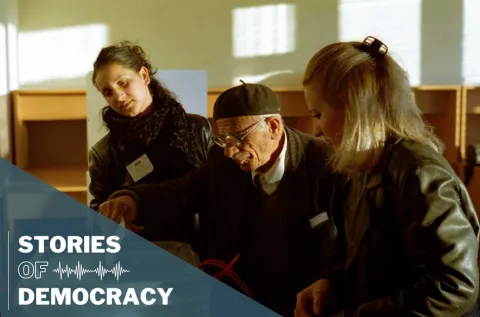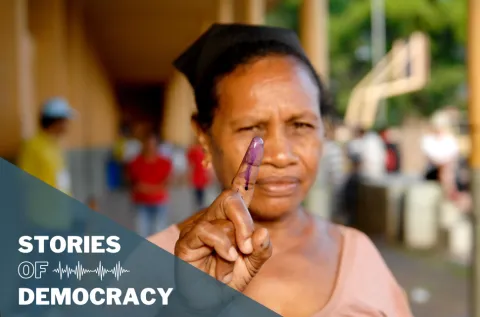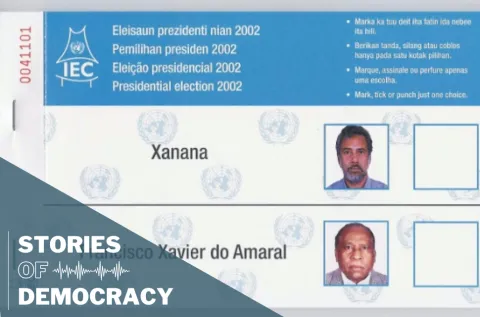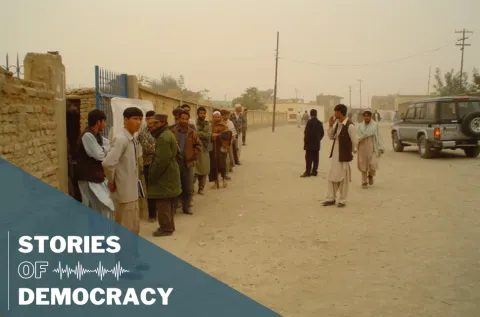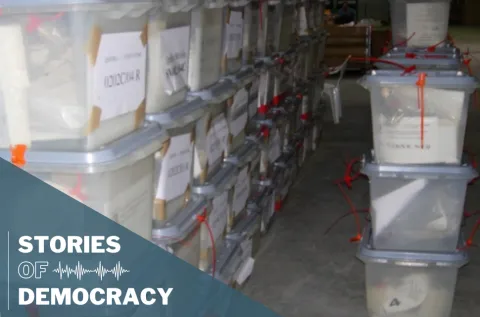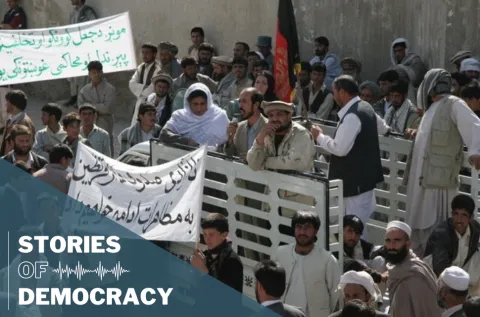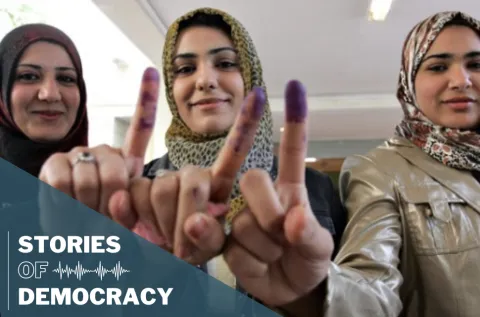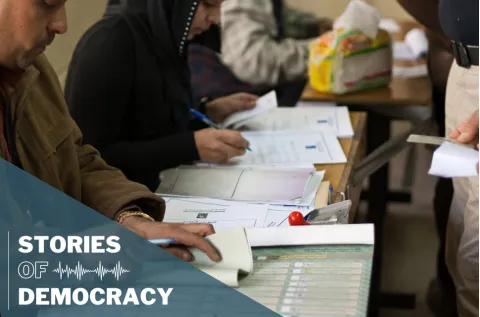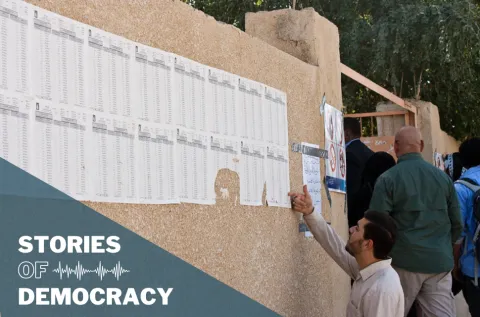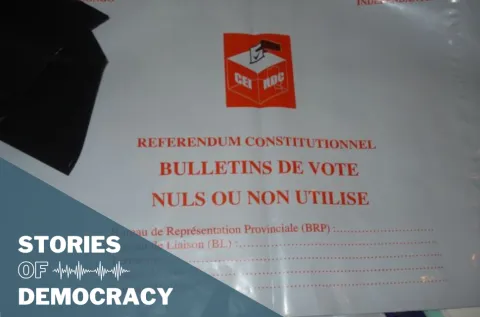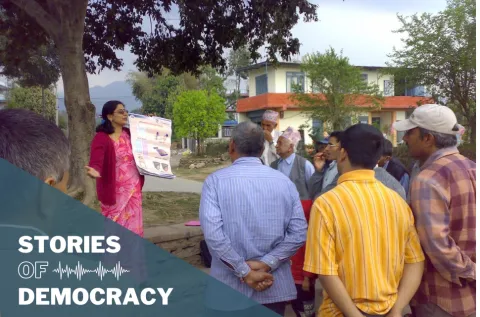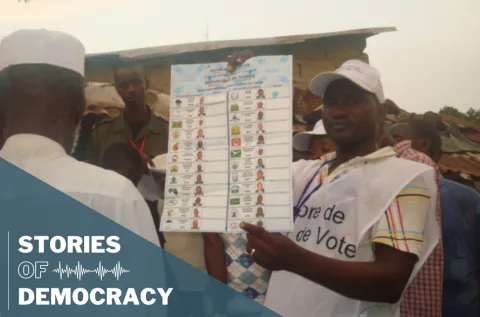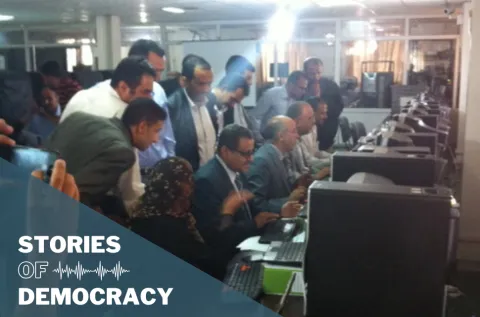Chile - 1988 - Plebiscite
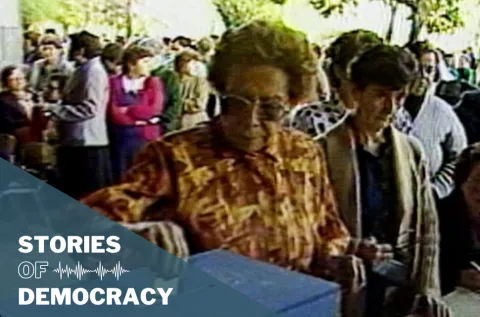
By 1988, Chile had been under the rule of General Augusto Pinochet’s military junta for over 15 years, a period defined by repression, enforced disappearances, and strict censorship. In accordance with the constitution drafted by the regime years earlier, Pinochet sought to extend his rule through a plebiscite, offering Chileans choice: vote “YES” to grant him eight more years in power, or vote “NO” to hold free and fair elections a year later.
Despite facing an uneven playing field, the opposition—comprising a broad coalition that spanned from conservatives to the far left—united behind a single campaign that reignited Chile’s democratic spirit under the slogan "Chile, la alegría ya viene" (Chile, Happiness is Coming). Their success depended on several critical and challenging efforts: a massive voter education and registration drive, a rapid vote-counting mechanism to prevent electoral fraud, a highly effective advertising campaign that persuaded undecided voters, and the ability to present themselves as a responsible, capable alternative to military rule. Crucially, their efforts not only led to victory, with 56% of the vote, but also prevented the regime from undermining the results, forcing Pinochet to accept the democratic transition.
In this recording, Henrique Arevalo, Research Assistant at Georgetown University, interviews Kenneth Wollack, former president of the National Democratic Institute (NDI), who was serving as NDI’s executive vice president during its involvement in Chile. Ken emphasizes that the plebiscite’s outcome was far from inevitable; rather, it was the result of key actors and strategic decisions that allowed Chile’s democratic forces to overcome seemingly insurmountable challenges and counter the regime’s advantage. He also reflects on the role of the international community—particularly the United States—in supporting the NO Campaign and discusses the broader significance of transnational and transregional cooperation in democratic promotion. Ultimately, the 1988 plebiscite was not only a turning point for Chile but also a defining moment in the global struggle for democracy, shaping approaches to democratic transitions worldwide.
Kenneth Wollack: Kenneth Wollack has been actively involved in foreign affairs, journalism, and politics over the past five decades. For more than 25 years, he served as president of the National Democratic Institute (NDI), an organization he joined in 1986 as executive vice president. During his time at NDI, Kenneth traveled to more than 100 countries in every region of the world on behalf of the Institute’s democratic development programs. In retirement, he serves as a Vice Chair of the National Endowment for Democracy (NED). He served as chairman of the Endowment from 2021–2025. He is a member of the George W. Bush Institute’s Advisory Council on Human Freedom.
